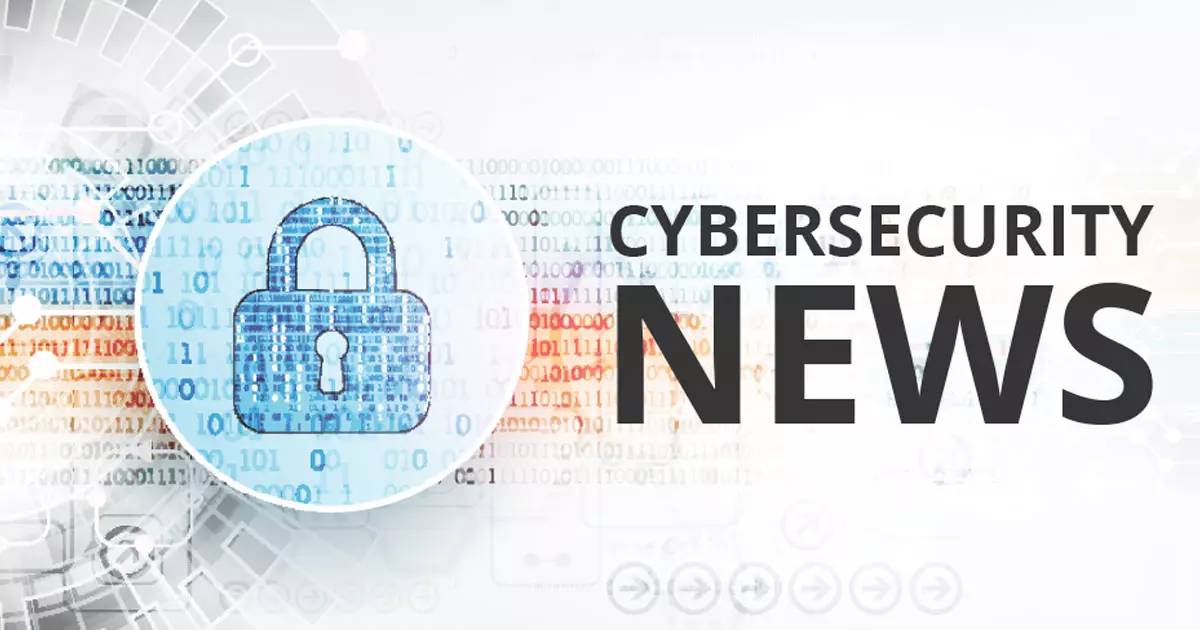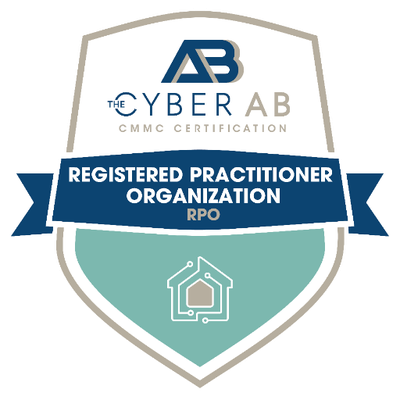Data Governance and Cybersecurity: What’s the Connection, and Why Does It Matter?
Boiled down to its essence, cybersecurity is all about protecting data. So, it makes sense that data governance — or the active management of all of an organization’s data — has become a key part of cybersecurity for most enterprise-level companies. Here’s a closer look at the connection between data governance and cybersecurity, and how leaders can leverage the former to help improve the latter.
What is data governance?
Especially in this era of big data and analytics-driven decision making, data is the lifeblood of most businesses. It fuels operations, informs decision making and even dictates strategy. And as the amount of data grows, and its use becomes more critical, it’s becoming necessary to implement policies to make that data more visible and manageable — a process known as data governance.
A recent innovation created to address the need for data management and protection, data governance “is the process of managing the availability, usability, integrity and security of the data in enterprise systems, based on internal data standards and policies that also control data usage,” as Craig Stedman defines it at Tech Target.
In practical terms, that means applying a stringent system of categorization and access upon all of an organization’s data. Doing so helps support critical areas like digital transformation, risk management and business process management. But it’s also increasingly necessary for cybersecurity, or the practice of protecting an organization’s data to the fullest extent of any applicable laws.
5 ways data governance helps drive cybersecurity
#1: Helping maintain regulatory compliance at a critical time
For large business and especially enterprise-level organizations, achieving and maintaining compliance with applicable regulations is a job in and of itself. Laws like the California Consumer Privacy Act (CCPA) and California Privacy Rights Act (CPRA), as well as Europe’s General Data Protection Regulation (GDPR), apply to any large business interacting with consumers in the EU or California — which is most companies over a certain size.
In addition to defining cybersecurity standards, these laws impose a legal obligation on leaders to work to the best of their ability to protect the data under their charge. This has created a need to maintain a more vigilant attitude towards data protection across the board, especially as similar laws hit the books in places like Colorado, Connecticut and Utah. (Virginia’s new law goes into effect on January 1, 2023.)
By comprehensively documenting all data through rigorous mapping, classifying and cataloging, data governance is a critical first step in achieving that vigilance. It also helps protect data by controlling access. The rise of self-service business intelligence tools has led to an increase in user access to critical information, and part of the job of governance is to make sure those users cannot misuse that data, deliberately or not.
#2: Offering better risk identification
By gaining full visibility over an organization’s data footprint, a governance framework can also help identify potential high-risk areas or unknown vulnerabilities. This info also helps organizations better define data as either low risk or high risk, which empowers leaders to allocate the resources needed to best protect data that’s most vulnerable or at risk at any given time.
#3: improving data quality
Data management doesn’t just help to manage and protect data, but helps to improve its quality, too. “Effective data governance ensures that data is consistent and trustworthy and doesn’t get misused,” as Stedman puts it.
By offering full visibility into all aspects of an organization’s data, governance helps leaders gain a clearer understanding of the structure of that data. That, in turn, makes it a relatively simple matter to spot errors, inconsistencies and redundancies — all of which can directly impact an organization’s bottom line.
In addition to helping drive efficiency, improving data quality also helps boost data security. A healthier data system is easier to protect, with fewer areas of vulnerability. In addition, some of the errors discovered by a governance framework could be the sort that might land a company afoul of regulatory mandates, such as improperly listing or publishing certain customer information.
#4: Freeing up more room in the budget
Data governance makes it easier for organizations to save money by spotting errors and streamlining processes. Purging incorrect, redundant, obsolete data, or even data that’s no longer useful, can reduce storage costs as well as provide a better framework for building meaningful relationships with existing customers.
Data governance also helps organizations more clearly define and meet quantifiable metrics such as improving data sets or eliminating a certain number of errors over a given time. And that can provide a basis for the kind of ongoing improvements that save companies real money — all while contributing to data health and security.
Cutting costs is a welcome benefit in any context. But for companies struggling to justify investing in a more active, sophisticated cybersecurity strategy, using data governance to free up room in the budget could provide a key source of funding.
#5: Preparing companies for future cybersecurity efforts
At Omnistruct, we believe that successful cybersecurity requires full buy-in throughout an organization, beginning with the CEO and extending to every individual member of the organization. In this sense, implementing a full data governance strategy can be beneficial in building a long-term team for data protection, too.
For most businesses, data governance begins with creating a framework that defines the specific processes, policies, rules, structures and technologies on which their data is based. This only provides the roadmap for how data should be organized going forward, but it can also define milestones and goals and assign responsibilities and accountabilities that can be applied to future cybersecurity efforts.
As those tasks, and the metrics on which they’re based, are better defined over time, having a core data governance team in place will help ensure that security is top of mind at every point. Businesses that embrace data governance best practices by appointing data stewards, architects, and other key players will find themselves structurally prepared to make adjustments in the future, too, as they continue their fight to maintain data security.
> Don’t Miss: Why Is Investing in a Cybersecurity So Important?
So, as technology continues to evolve, and the gathering and usage of data becomes more complex, companies that prioritize data governance will be better equipped to make use of innovations like automation and AI. And as hackers focus on exploiting vulnerabilities in these new systems, businesses prepared with a proactive governance plan will find themselves with an extra layer of protection.
Get guidance on data governance and cybersecurity from the experts
At Omnistruct, we understand the importance of a proactive, forward-thinking attitude towards cybersecurity and the data that it’s protecting. And we’re standing by to help you leverage that expertise to protect your company’s most valuable asset — the data that fuels your daily operations.
Interested in learning more about how we can help you protect your data and avoid the risk of noncompliance? Contact us today to set up a complimentary consultation with an Omnistruct expert.





